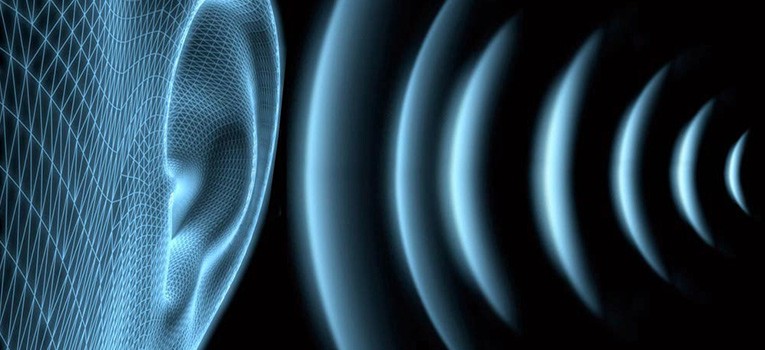Are you someone who unusually experiences the day today sounds unpleasantly loud and utterly painful? Have you ever found it difficult to tolerate sounds which do not seem too loud to others? Then it’s likely that you have become a victim of Hyperacusis.
What is Hyperacusis?
Human auditory system has an astonishing sound range ranging from just a soft sound of a gentle shuffling of papers to extremely loud sounds such as a hard banging of rock music played at a club but for some people even the slightest noise can become uneasy to tolerate. This condition is known in the medical books as Hyperacusis.
Hyperacusis is a clear indication that there is a problem in the way your brains central auditory processing center recognizes noise. It can often lead to pain and discomfort. For some people, it can cause a minor annoyance but on other hand for some people it can be unrealistically difficult to live with.
How is Hyperacusis identified?
Associated conditions with Hyperacusis include migraine, post head injury syndrome, Lyme disease, William’s syndrome and Bell’s palsy. There are also instances that people experience hyperacusis after certain types of ear surgery.
Furthermore Hyperacusis can also strongly be associated with tinnitus, a condition commonly referred to as ringing in the ears.
Other common causes of hyperacusis include head injury, ear damage from toxins or medication or air bag deployment. Therefore, ENT specialist in India says that people who suspect they may have the slightest tendency towards hyperacusis should seek an assessment done.
What does Hyperacusis cost you?
This extreme intolerance can cost you to lose your quality of life and sometime finding it way difficult that you could ever imagine to function around an environment with a variety of noises. This unusual condition can even lead your life in to misery. You may find yourself been extremely angry or unusually tensed.
You might find yourself socially isolated trying to avoid daily life activities for the simple fact that just to avoid sounds. This condition might even lead to phonophobia which is commonly known as fear to normal sounds and may even lead to severe consequences such as depression.
Hyperacusis may be associated to neurologic conditions including Post-traumatic stress disorder, chronic fatigue syndrome, some forms of epilepsy, valium dependence or even migraine headaches.
Yet you have to keep in mind that just by avoiding noises you don’t do any good to you rather you are opening doors to developing your auditory system becoming even more sensitive towards noises.
How can you Treat or prevent Hyperacusis?
There are no specific corrective surgical or medical treatments to cure hyperacusis. ENT Specialist and Audiologist at Neoalta Specialty Clinic , Vashi, Navi Mumbai may sometimes recommend sound therapy, through which you can retrain the auditory processing center of the brain to accept everyday sounds through a placement of a noise-generating device.
Also by wearing ear plugs in instances that you find too loud and noisy is an easy way out for long term managing of hyperacusis. ENT surgeons recommend an immediate assessment and treatment for Hyperacusis to prevent further damage.




